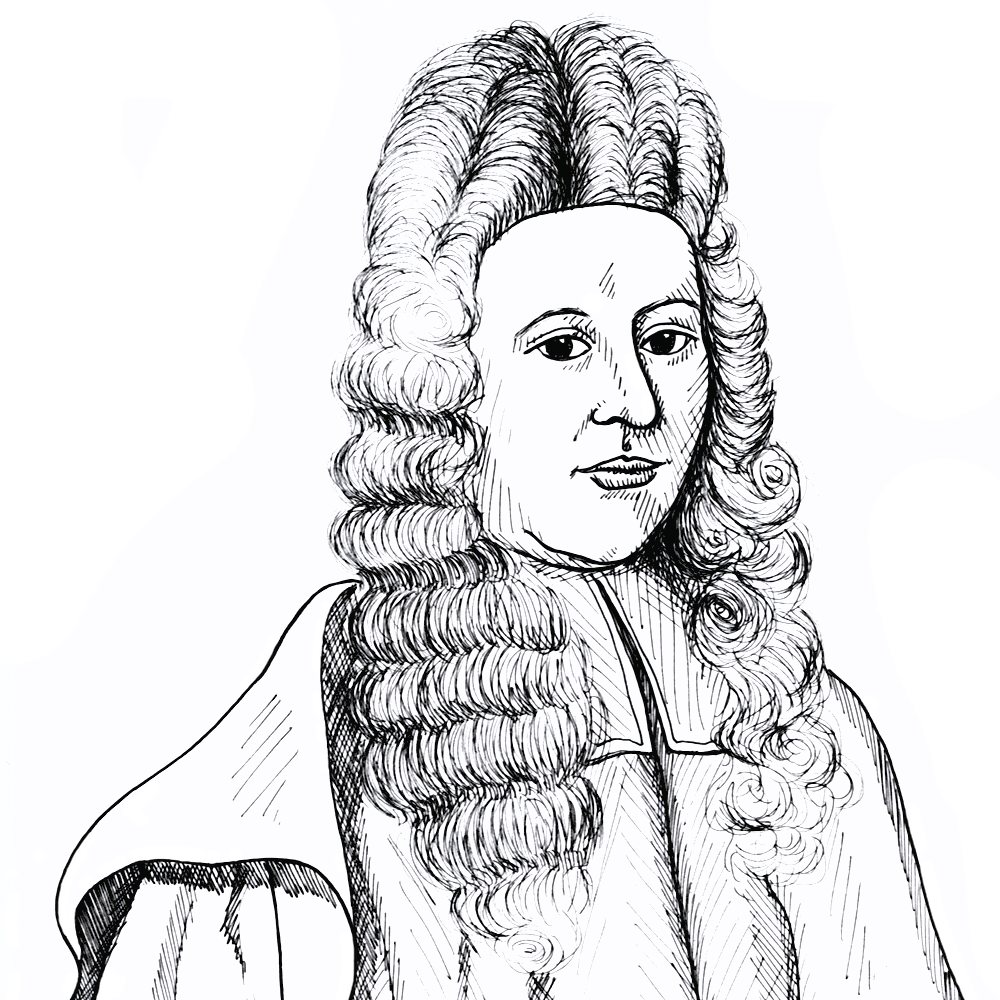
Trenchard on the dangers posed by a standing army (1698)
Found in: A Collection of Tracts, vol. I
The radical Whig and Commonwealthman John Trenchard (1662-1723) wrote several tracts in the late 17th century warning his fellow countrymen of the dangers to liberty posed by a standing army. In this passage he argues that even if one has a “good Prince” as a ruler the very existence of such a powerful force is a temptation to use it to increase the state’s power:
War & Peace
I will venture to say, that if this Army does not make us Slaves, we are the only People upon Earth in such Circumstances that ever escaped it, with the 4th part of their number… If this Army does not enslave us, it is barely because we have a virtuous Prince that will not attempt it; and it is a most miserable thing to have no other Security for our Liberty, than the Will of a Man, though the most just Man living: For that is not a free Government where there is a good Prince (for even the most arbitrary Governments have had sometimes a Relaxation of their Miseries) but where it is so constituted, that no one can be a Tyrant if he would. Cicero says, though a Master does not tyrannize, yet it is a lamentable consideration that it is in his Power to do so; and therefore such a Power is to be trusted to none, which if it does not find a Tyrant, commonly makes one; and if not him, to be sure a Successor.